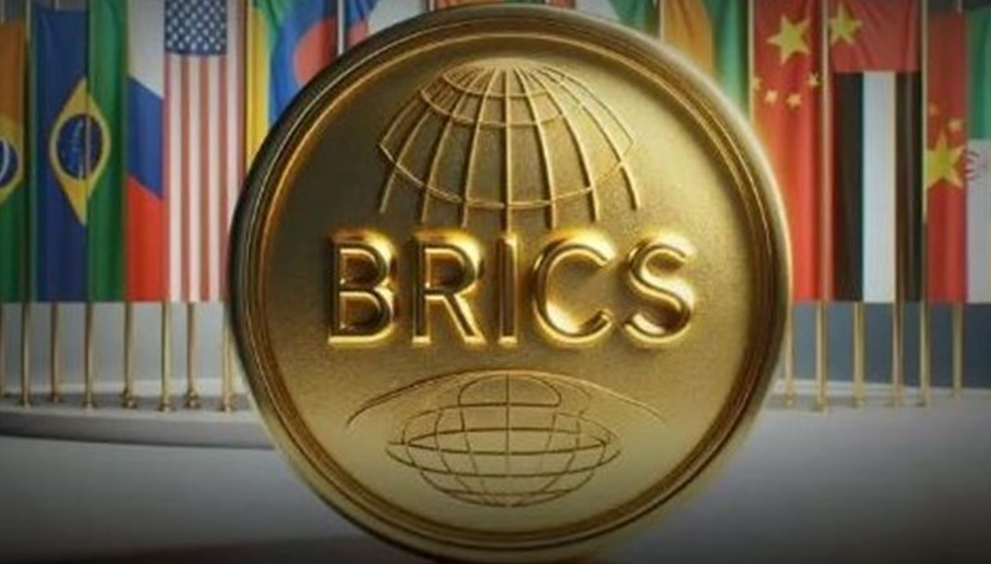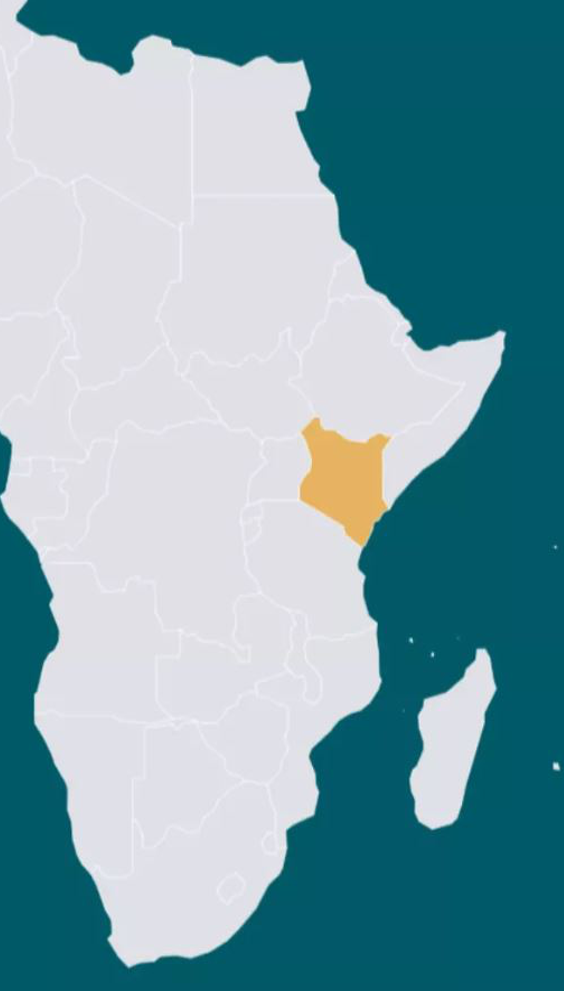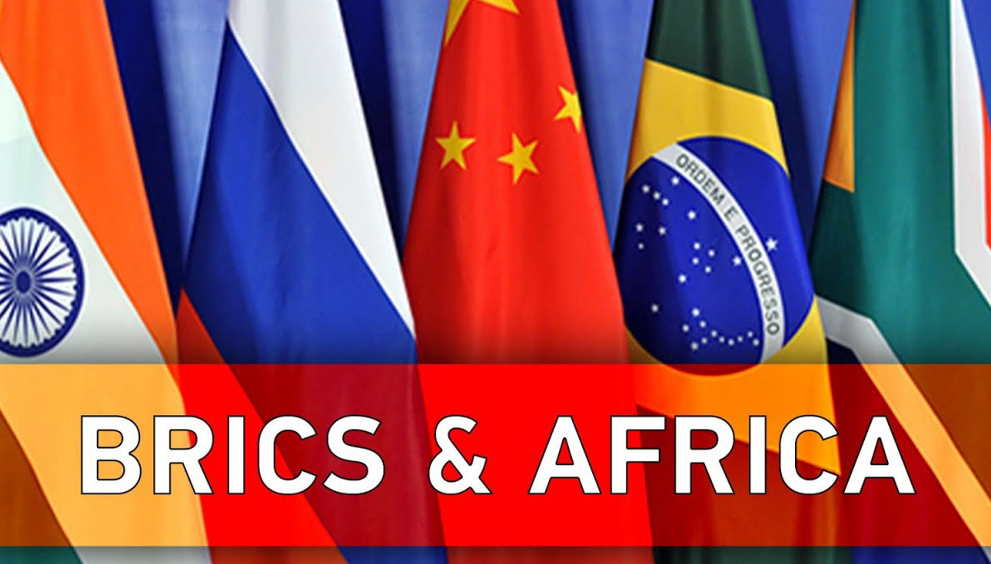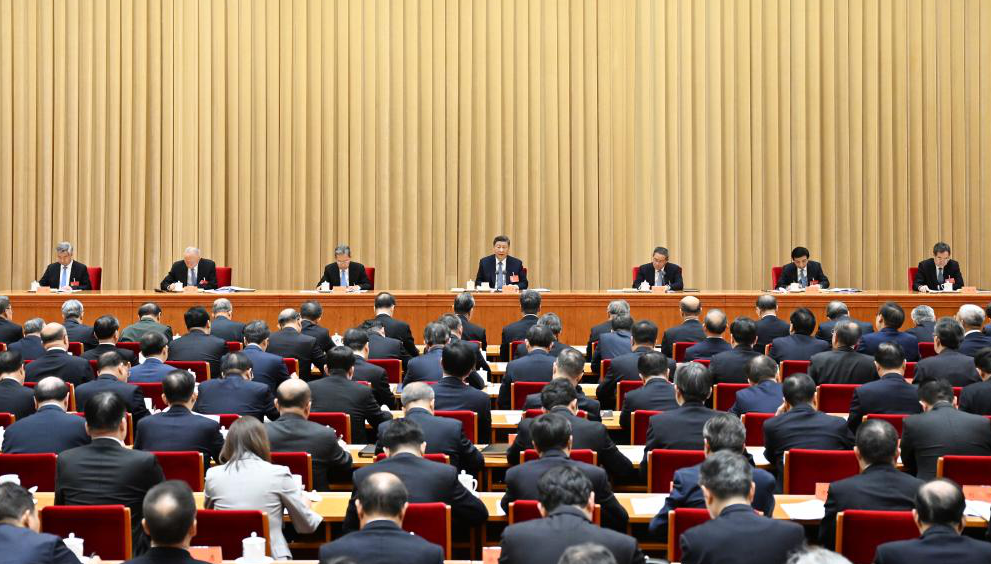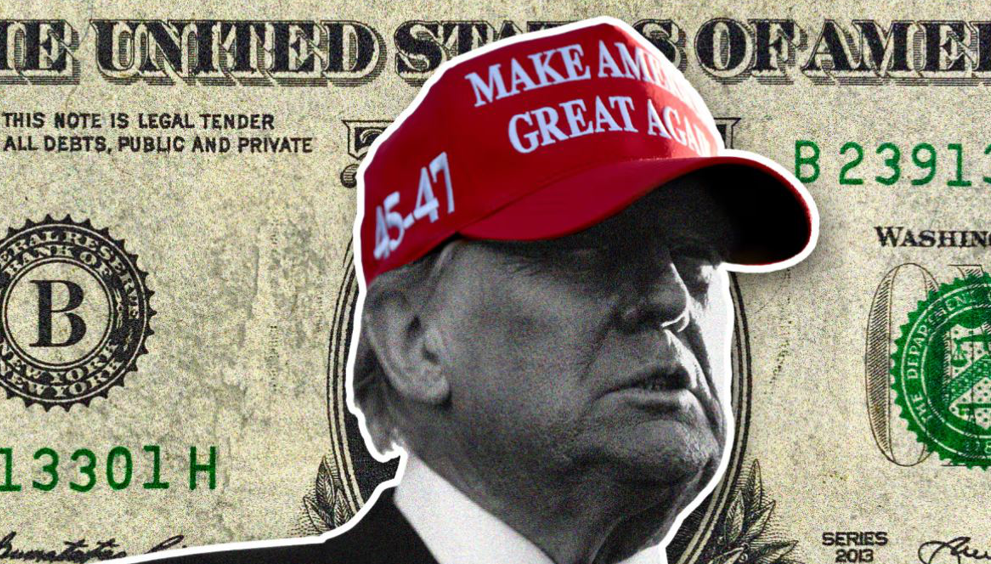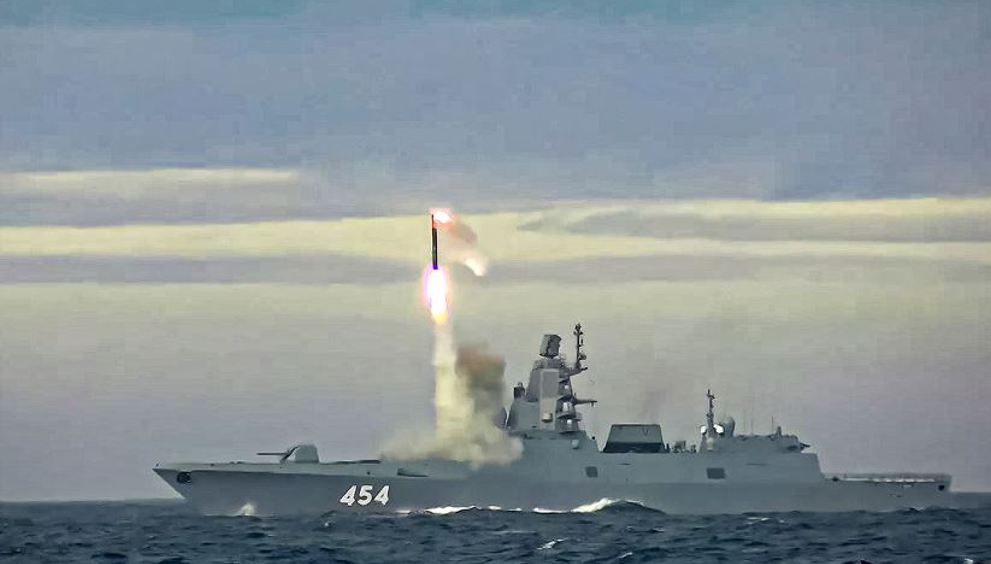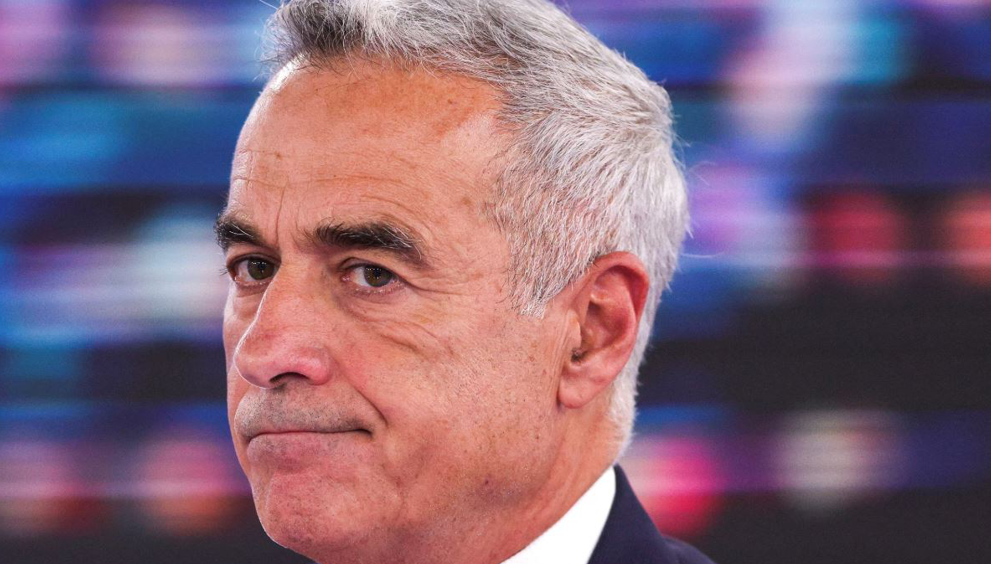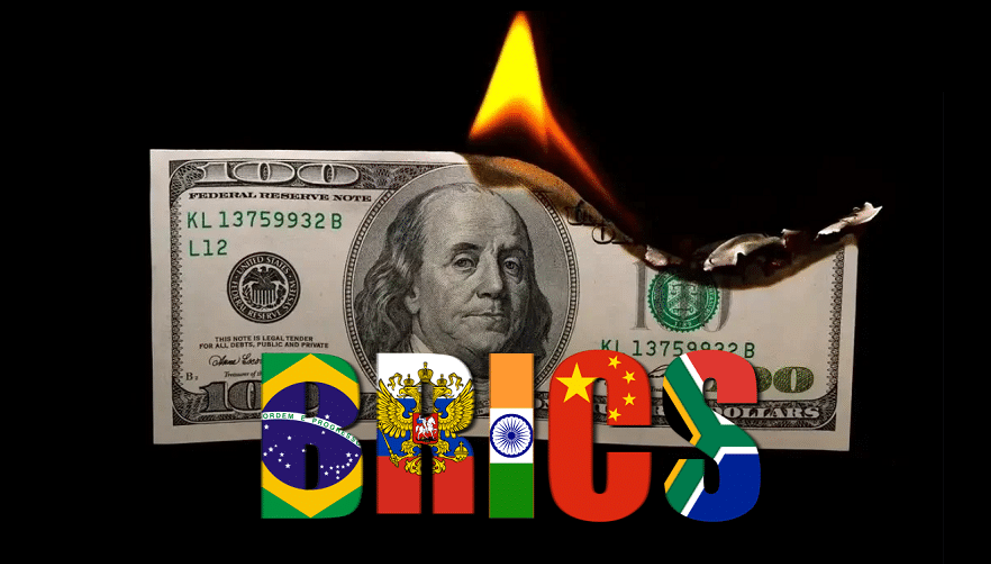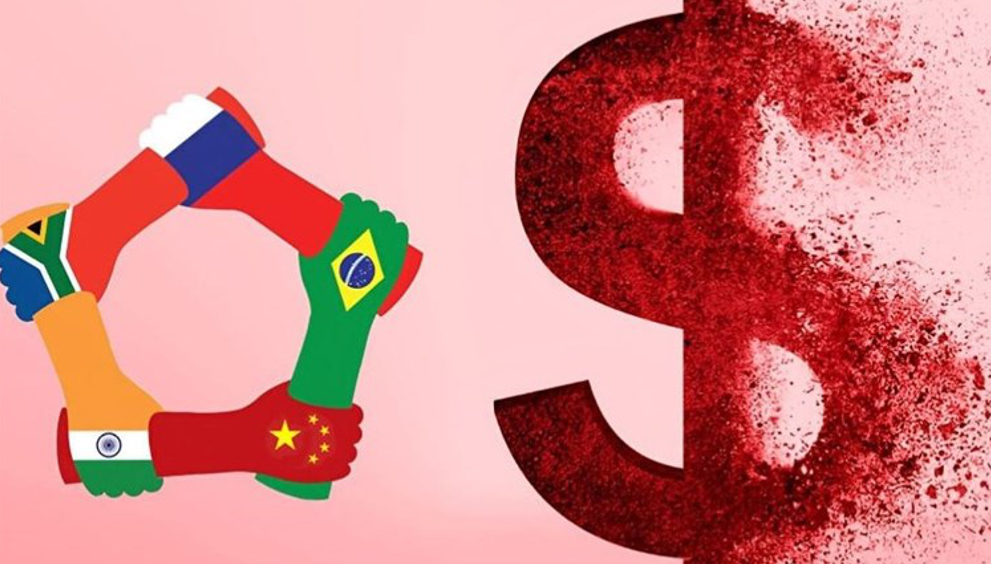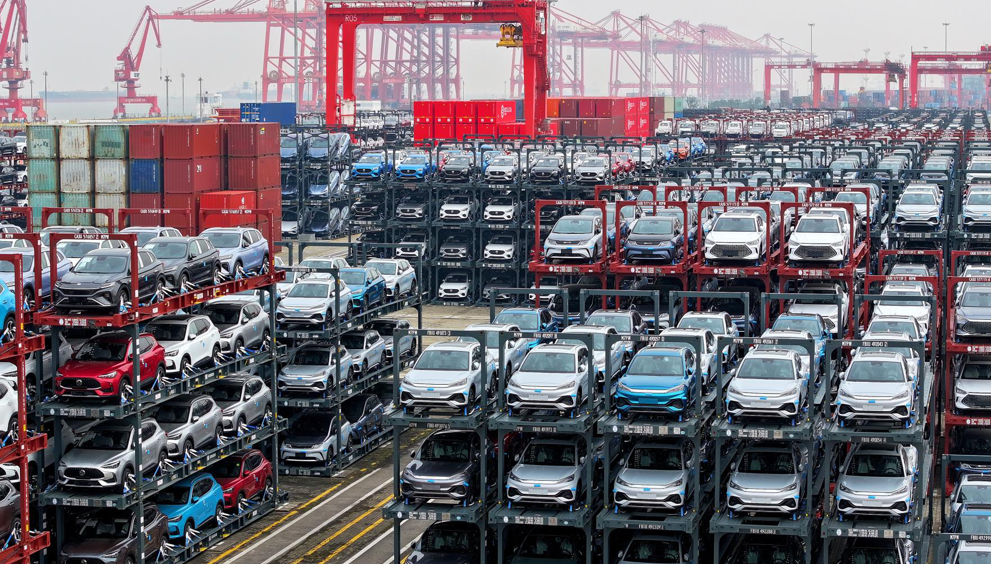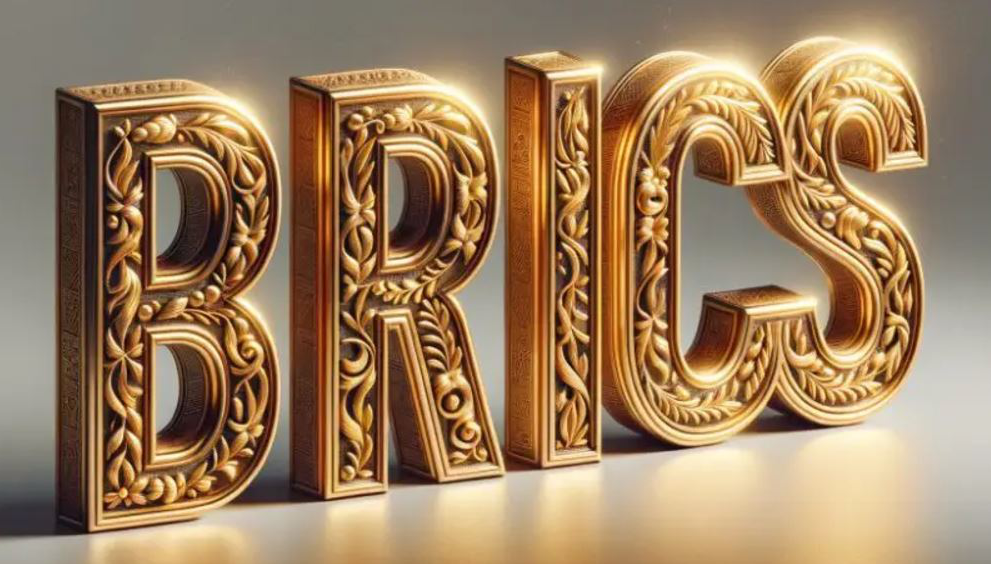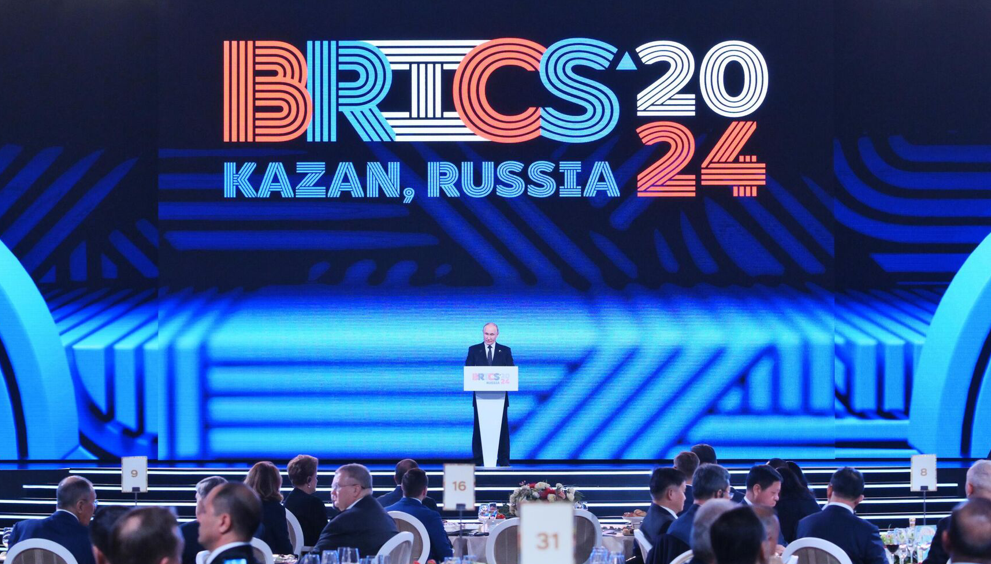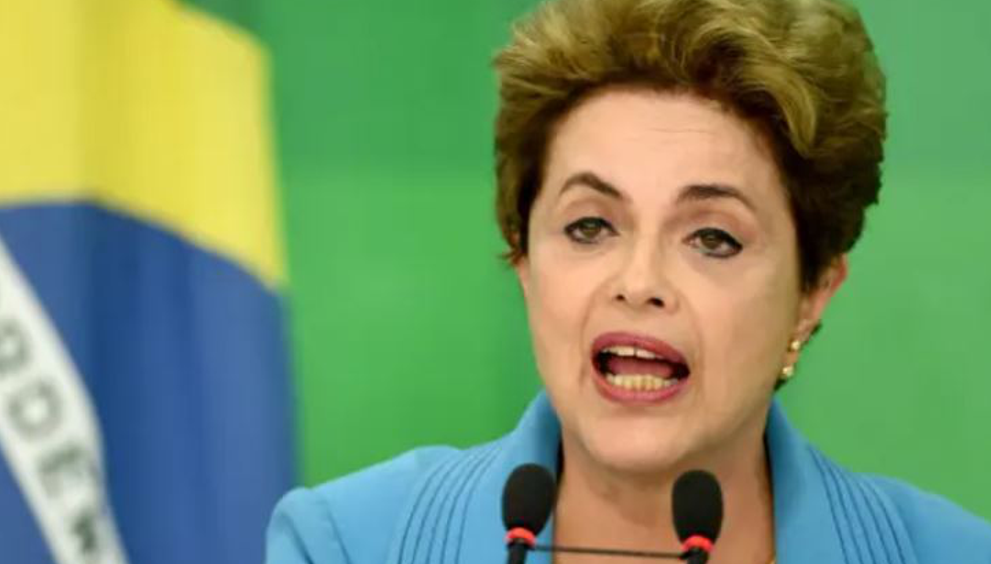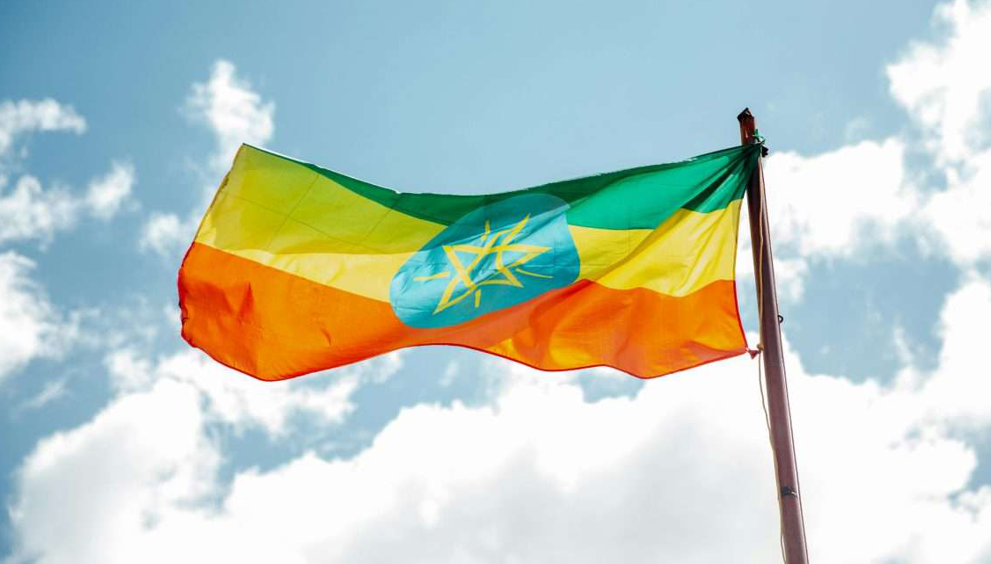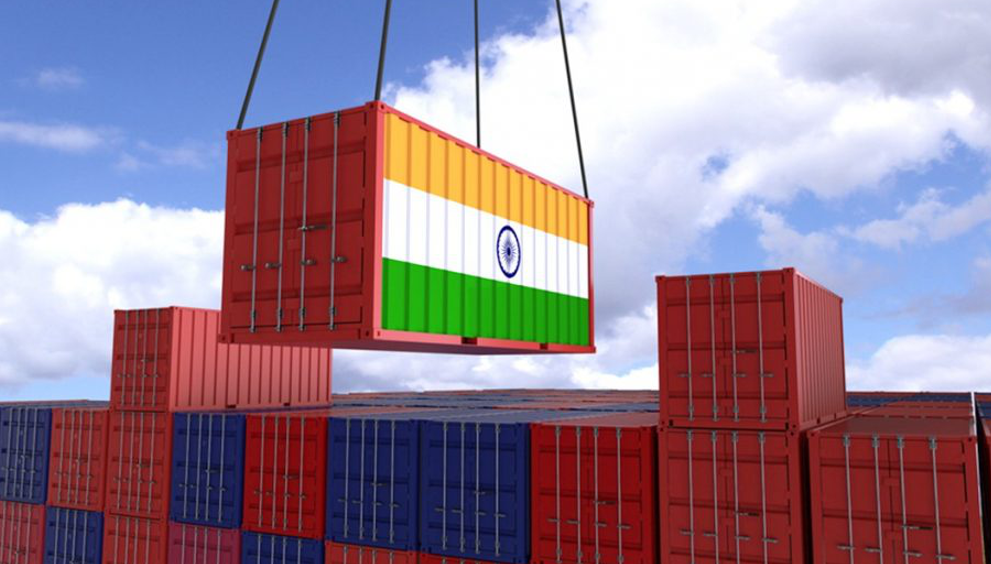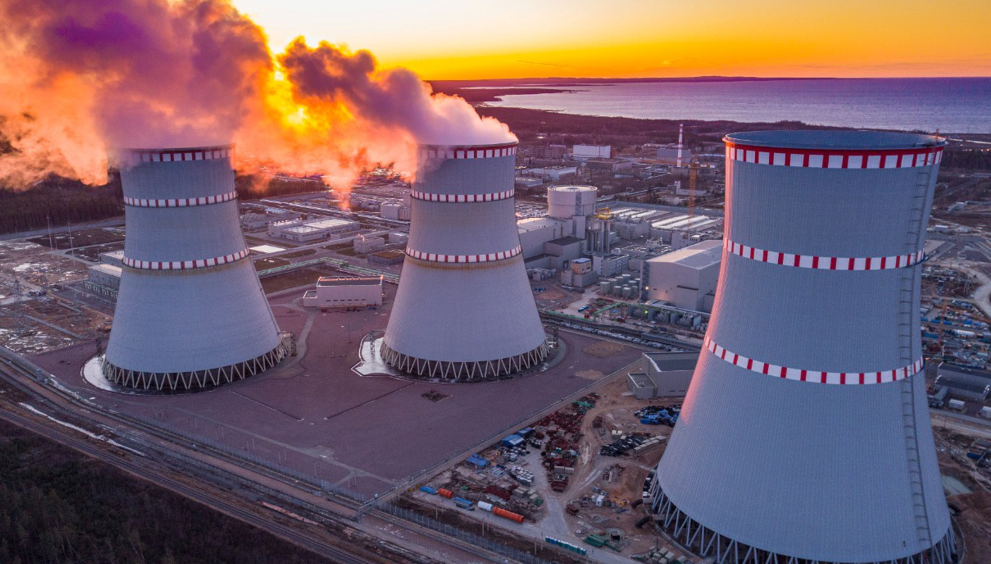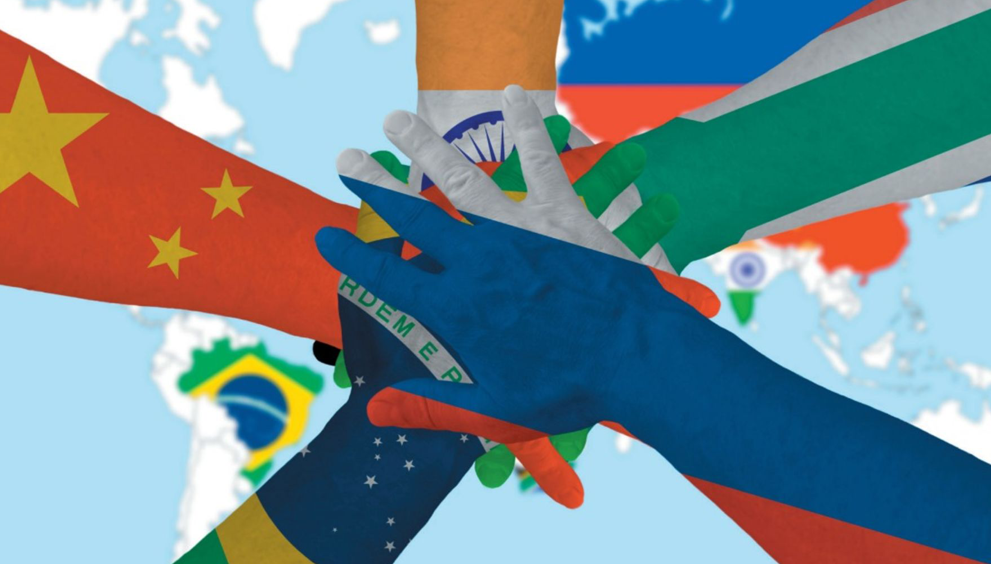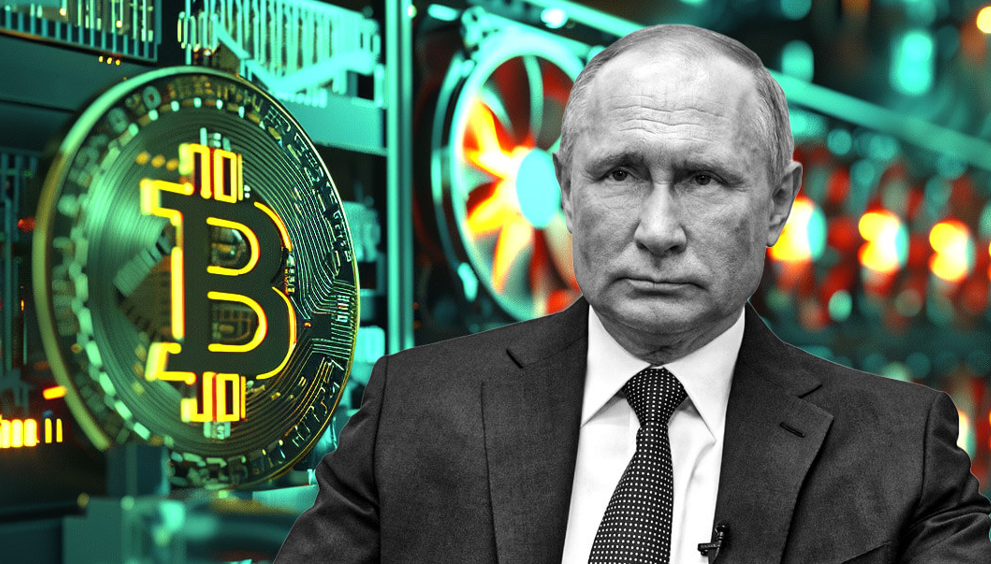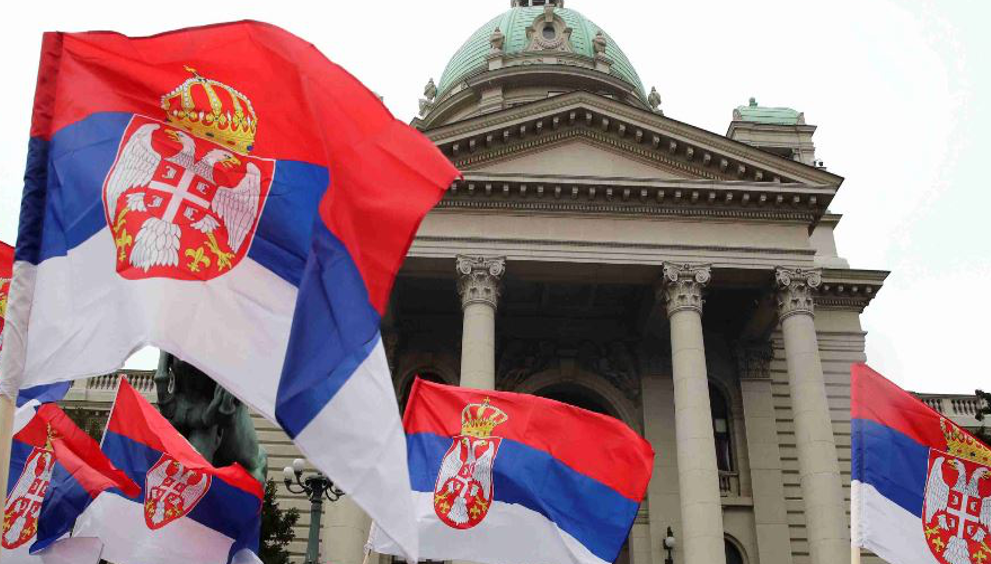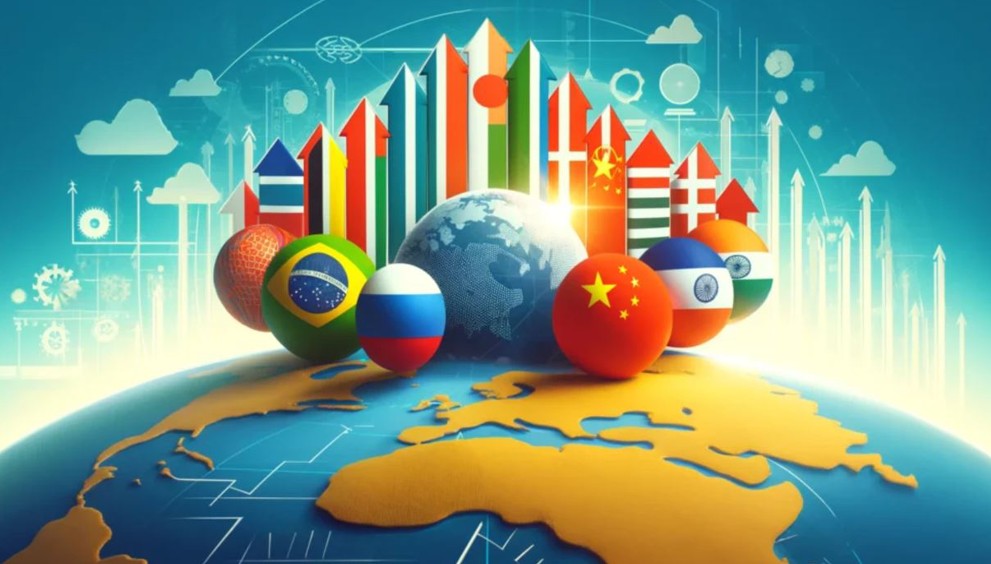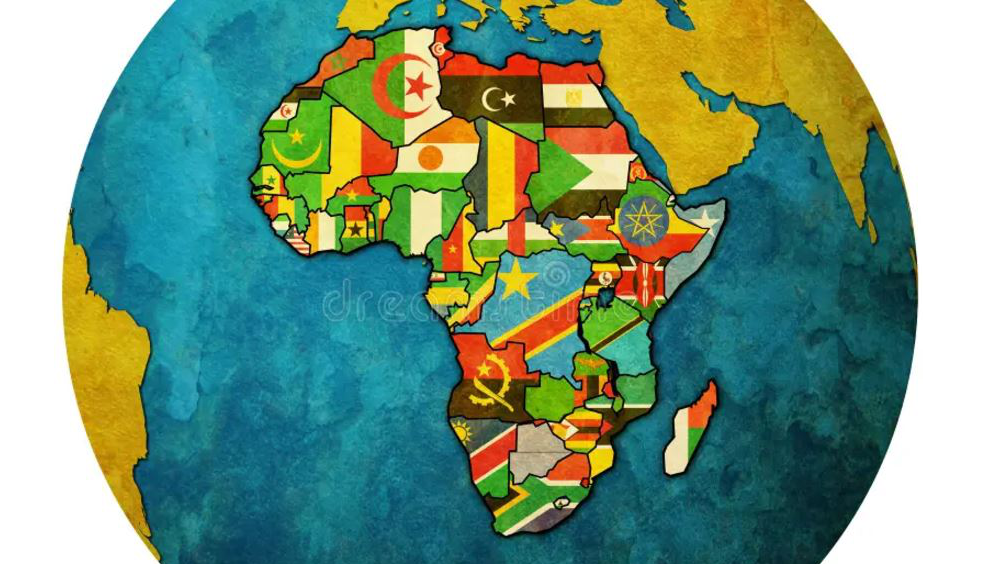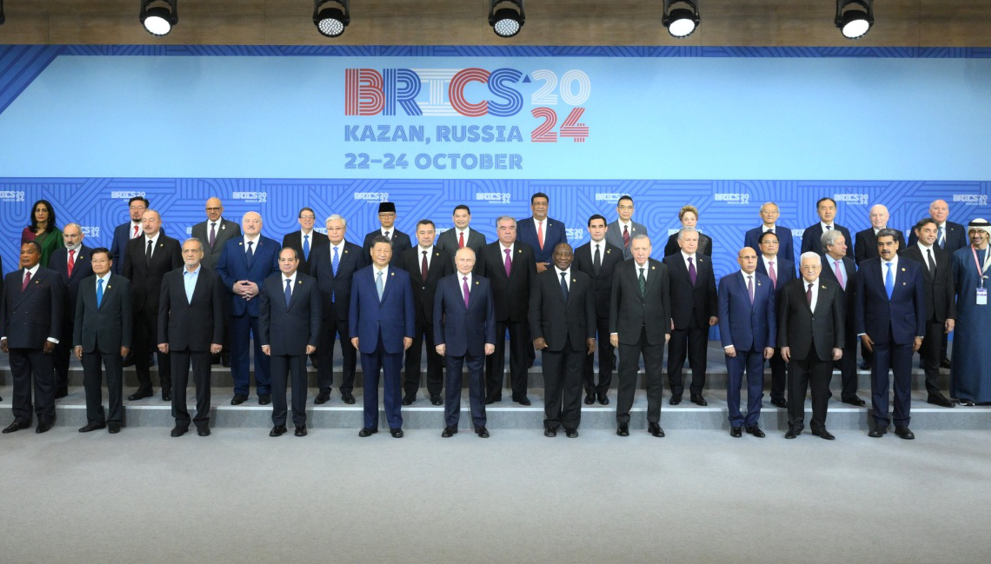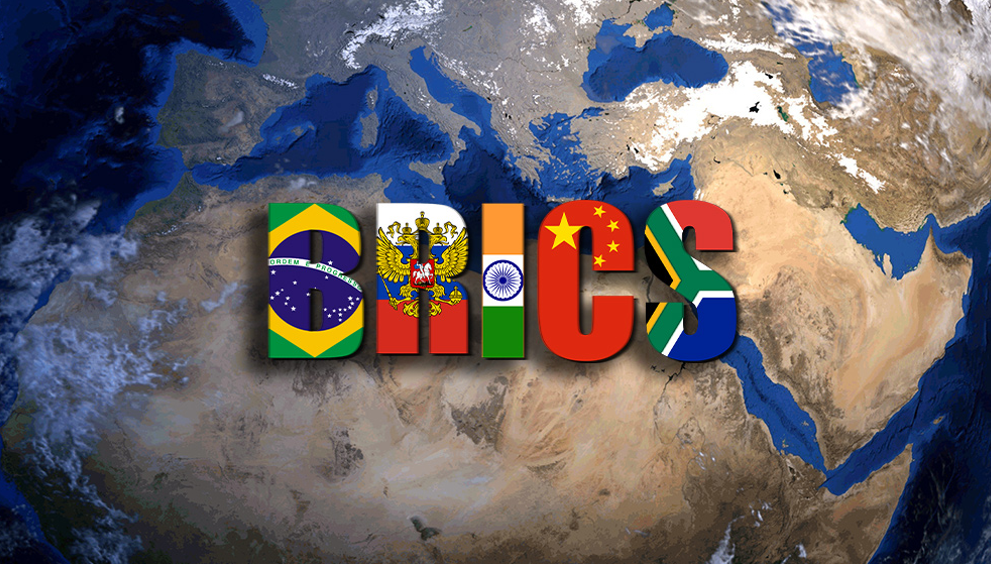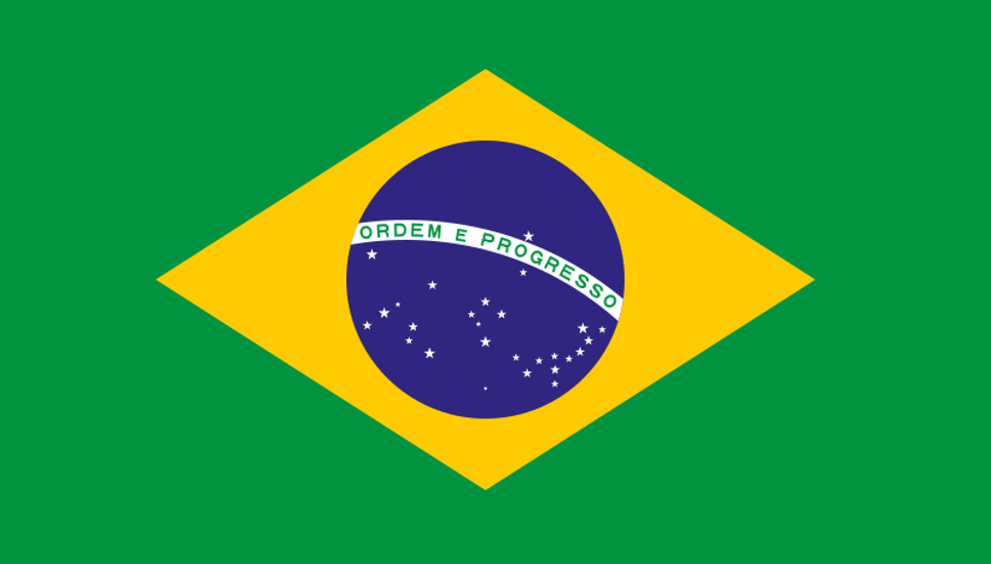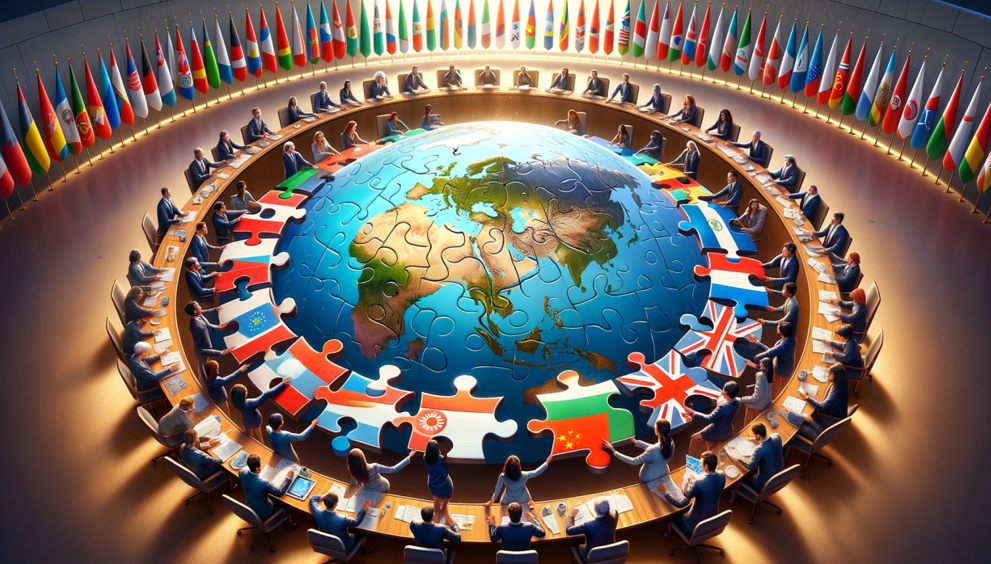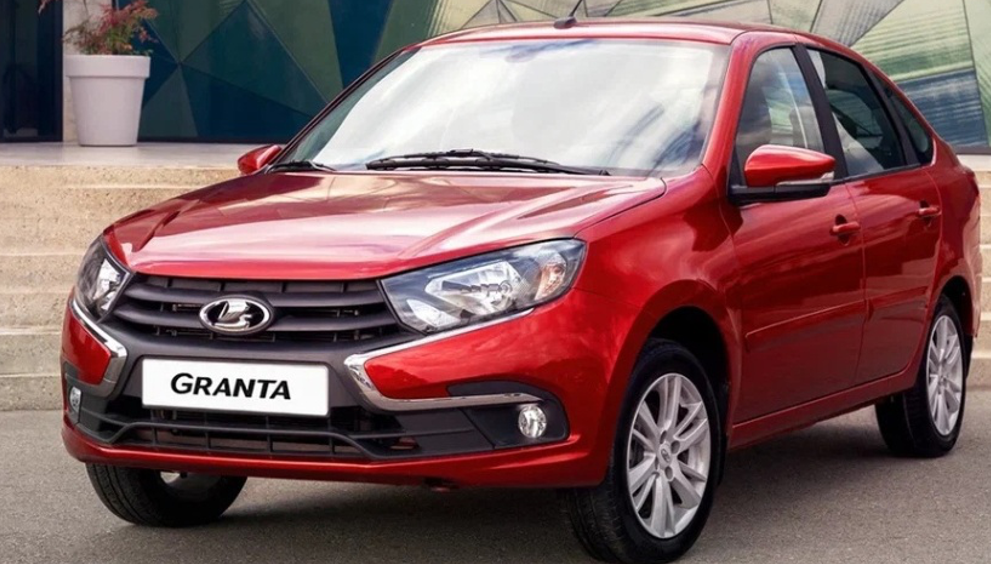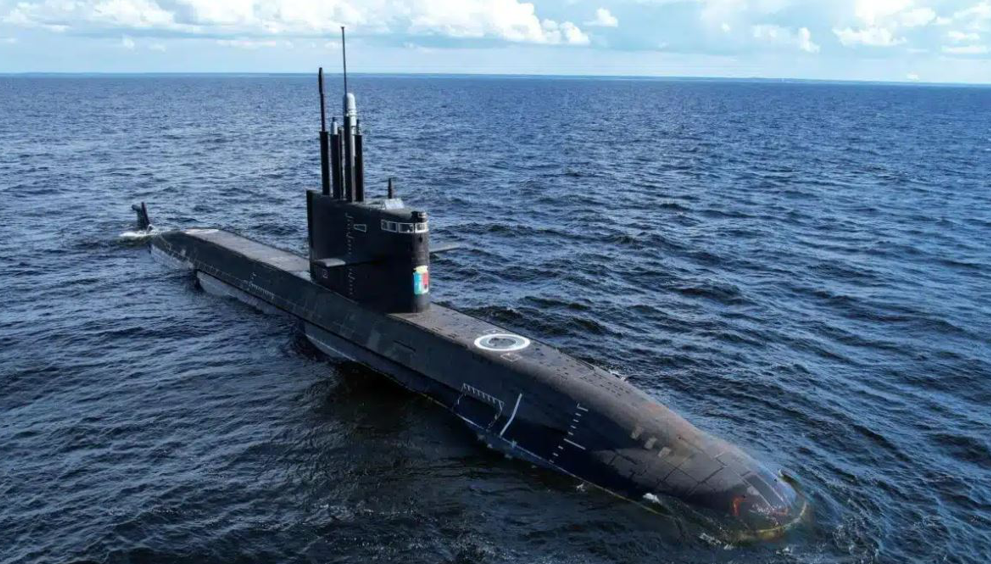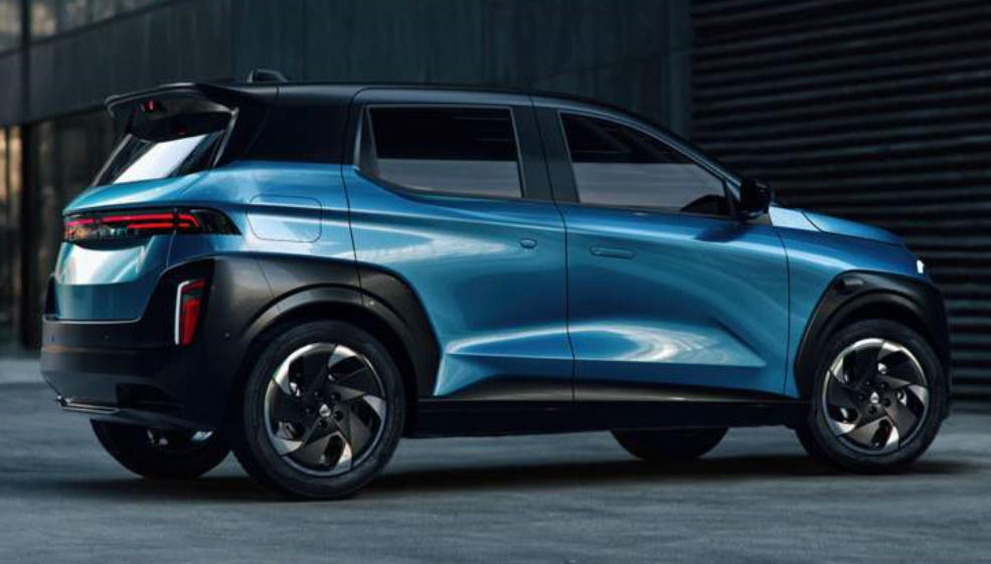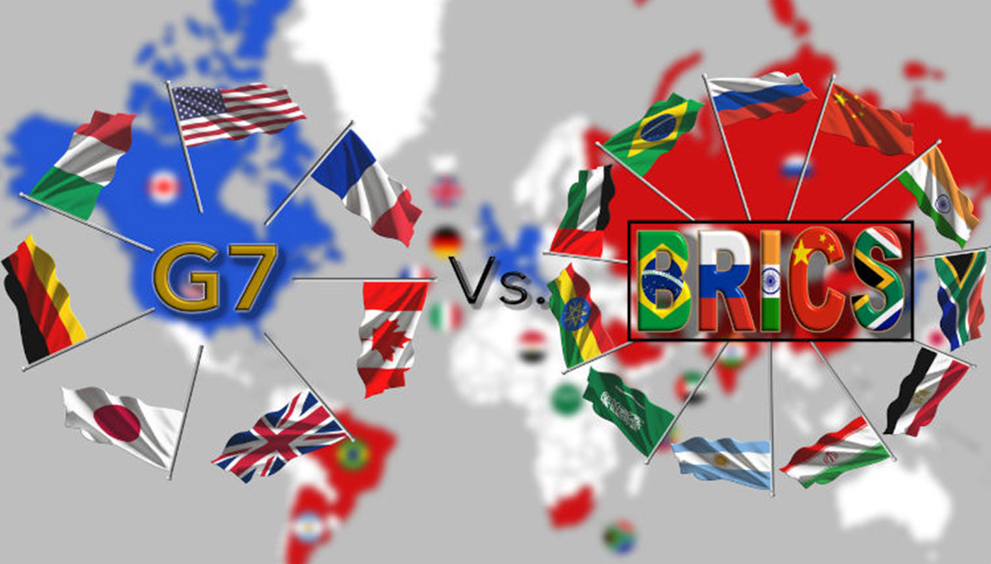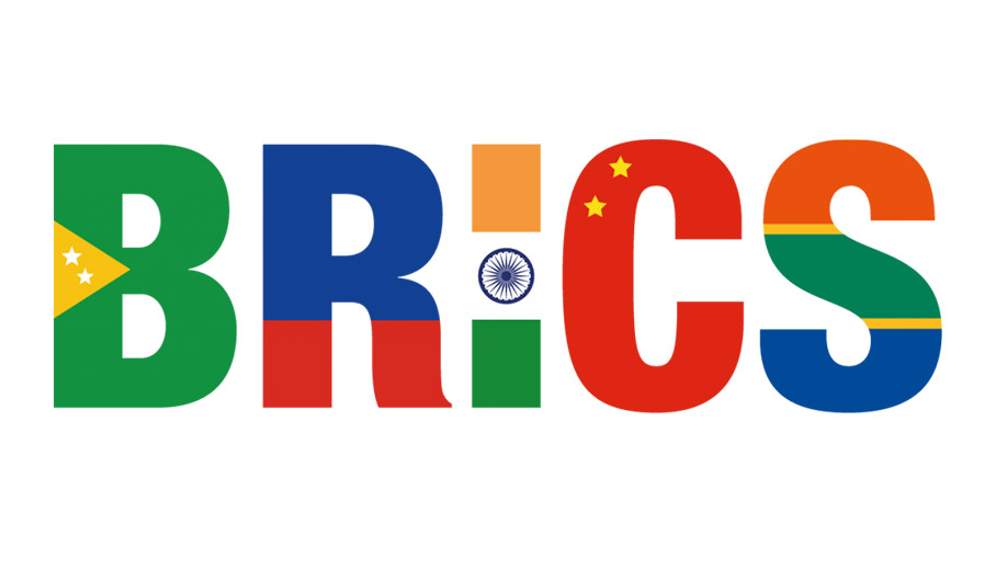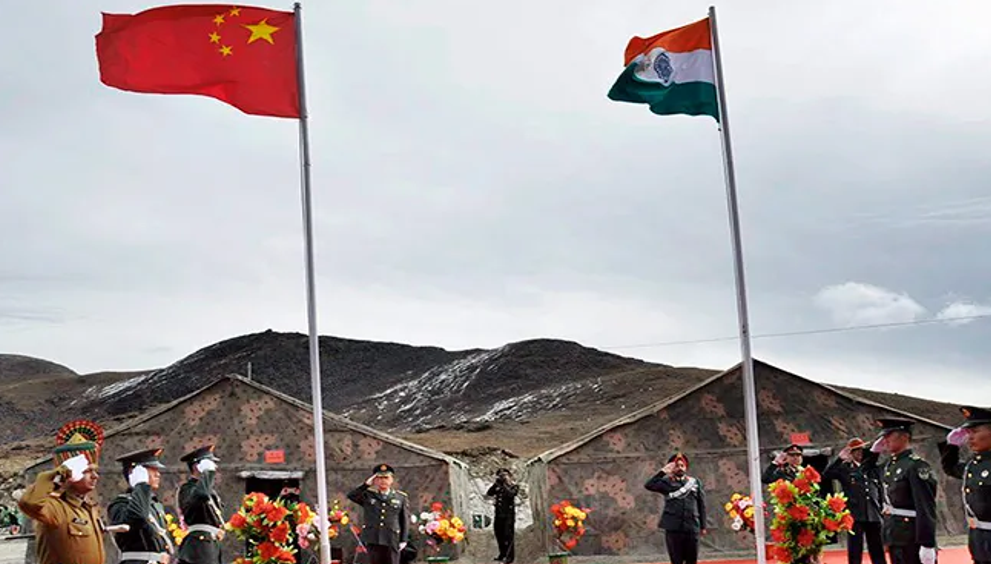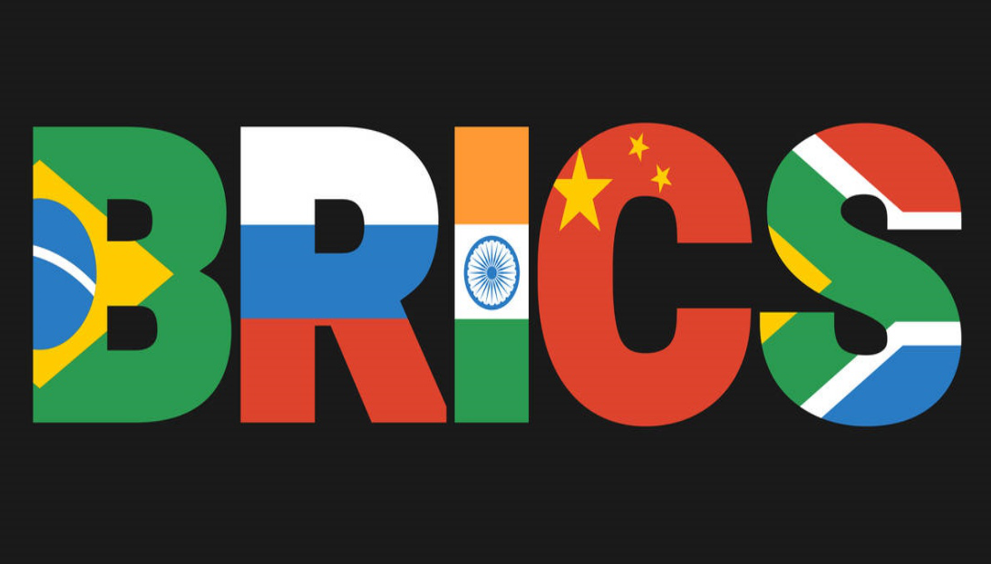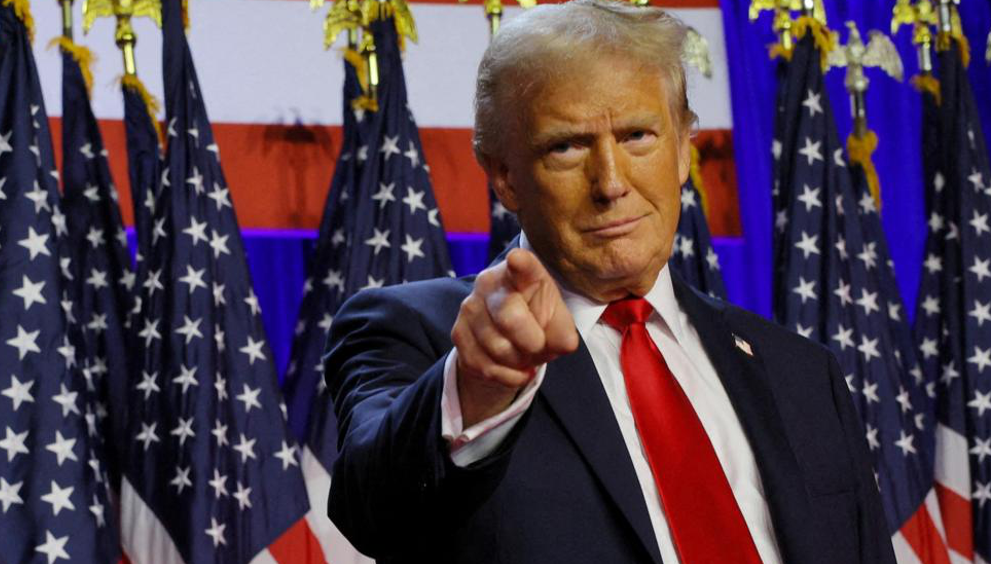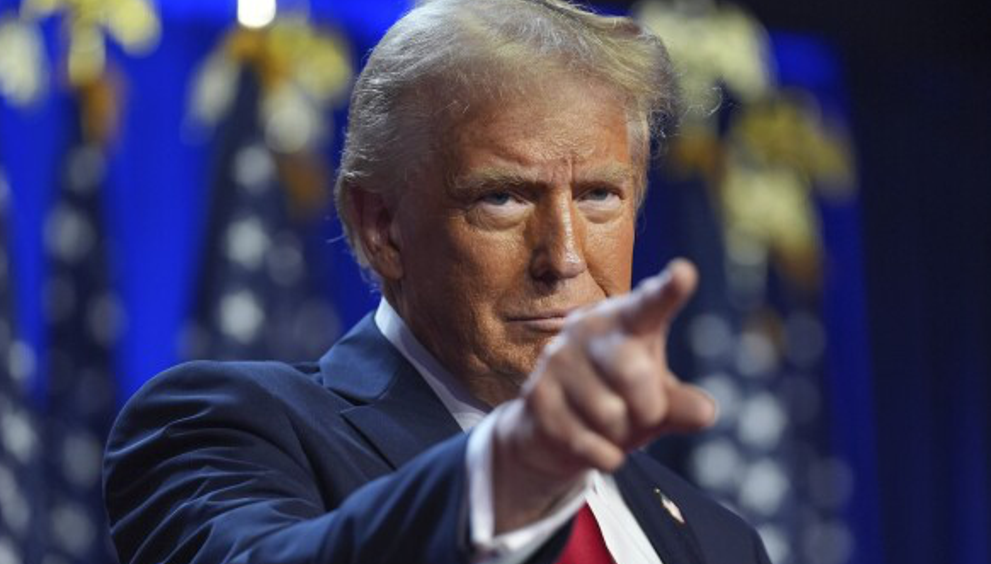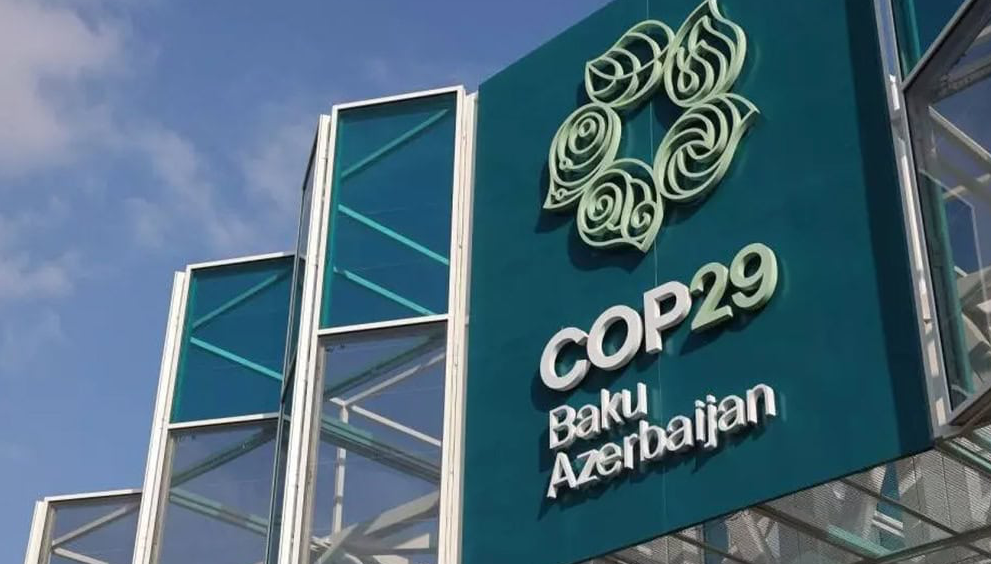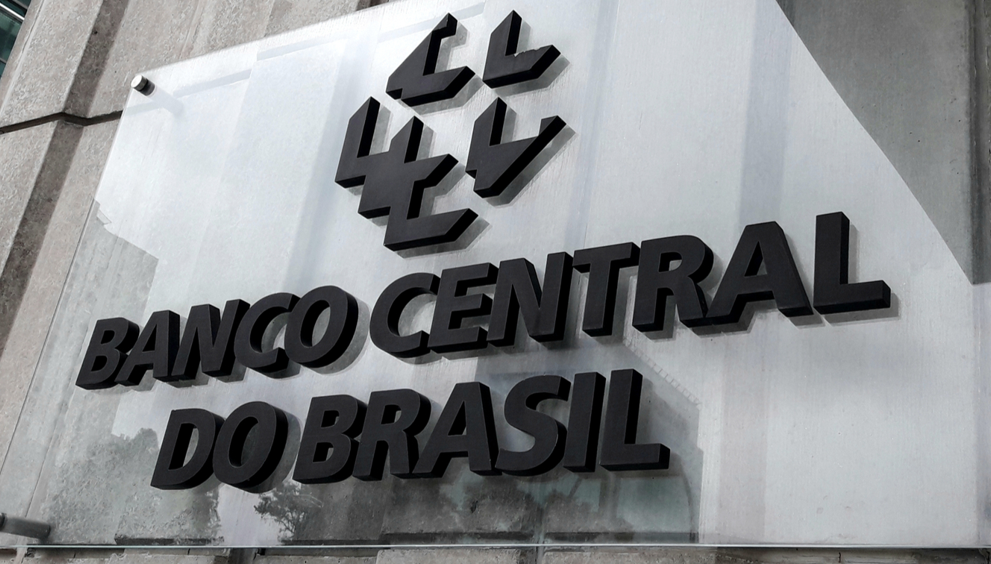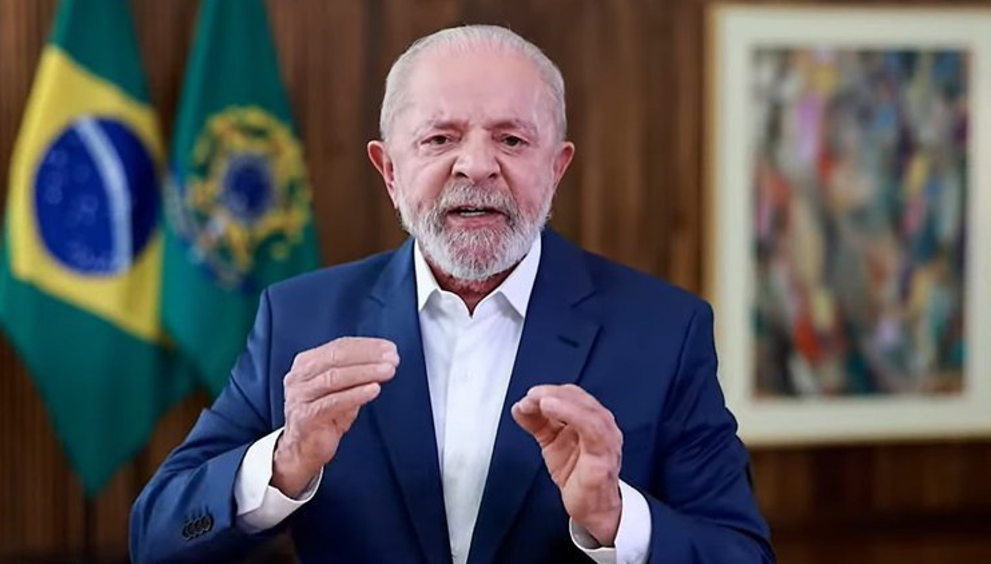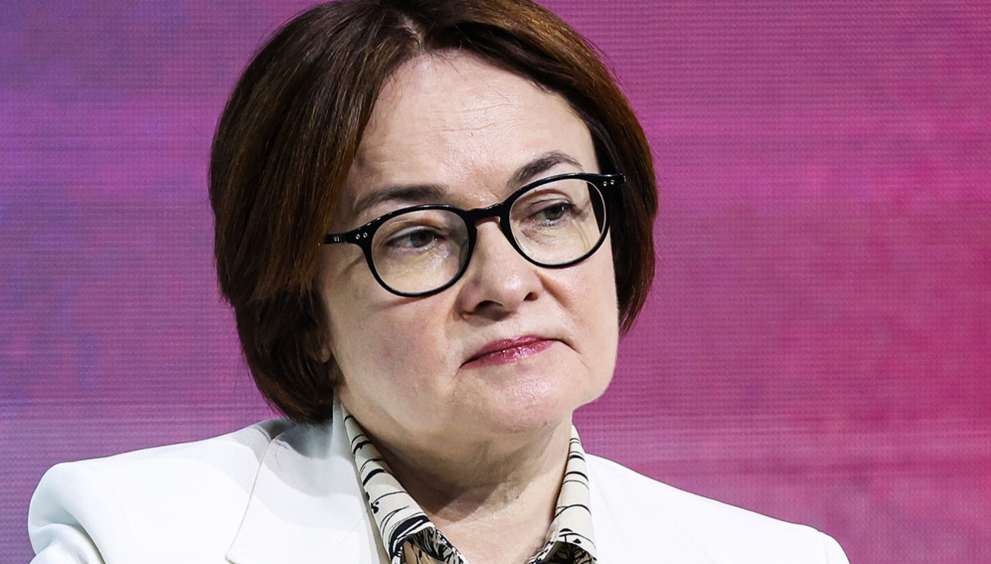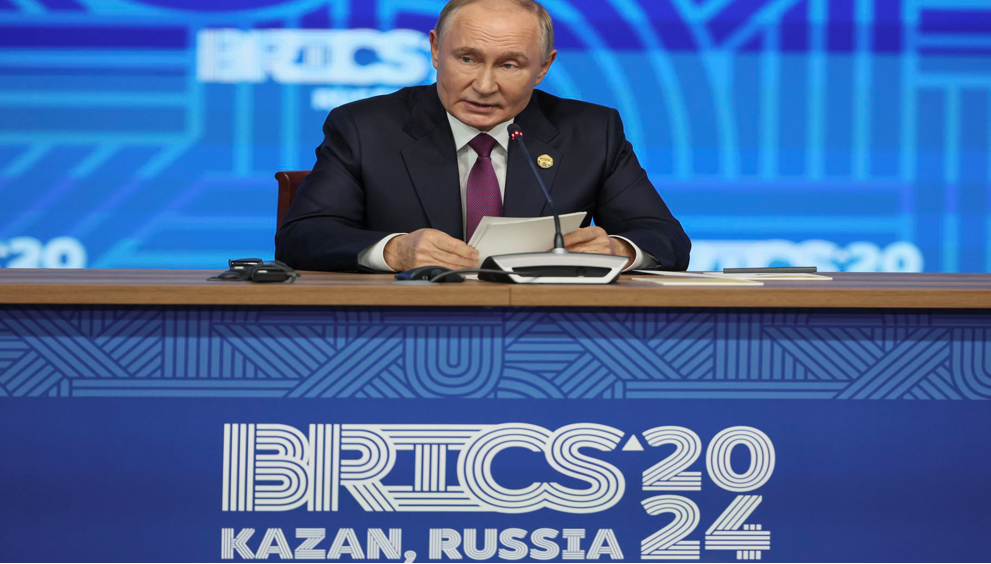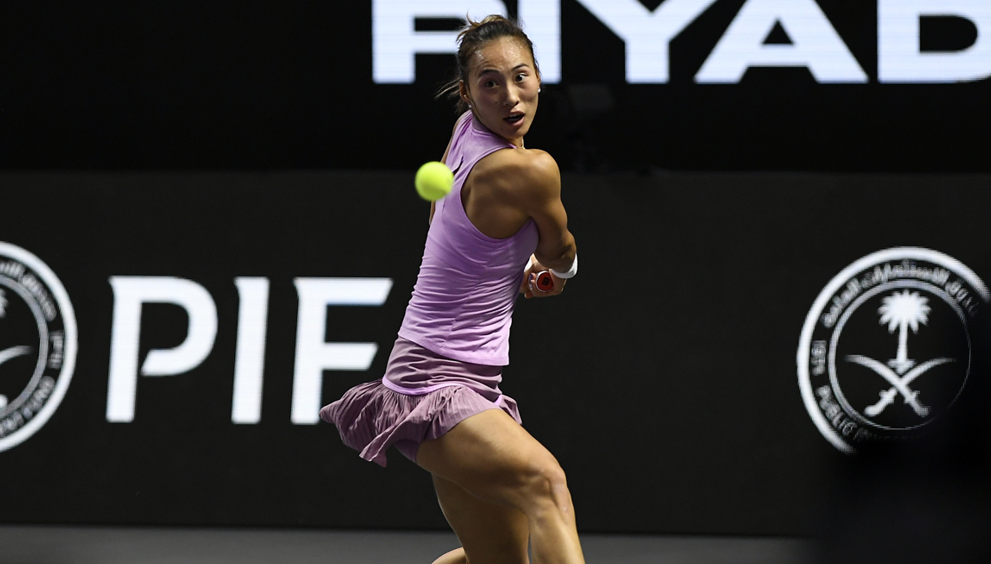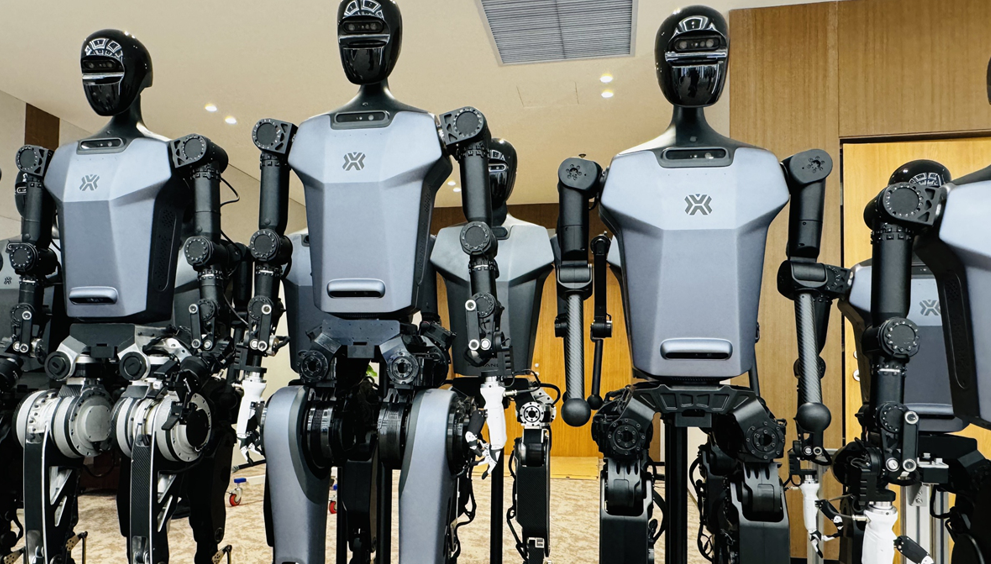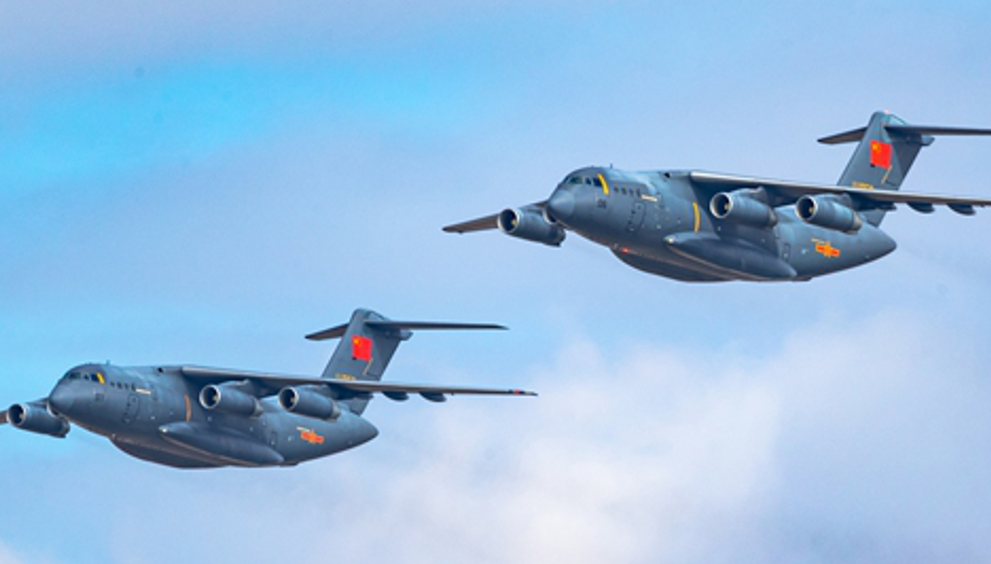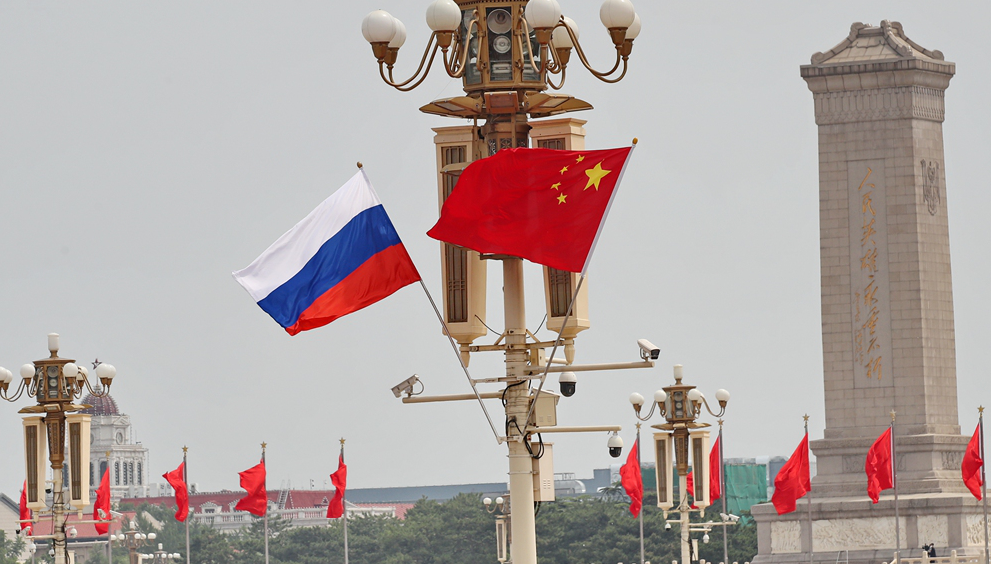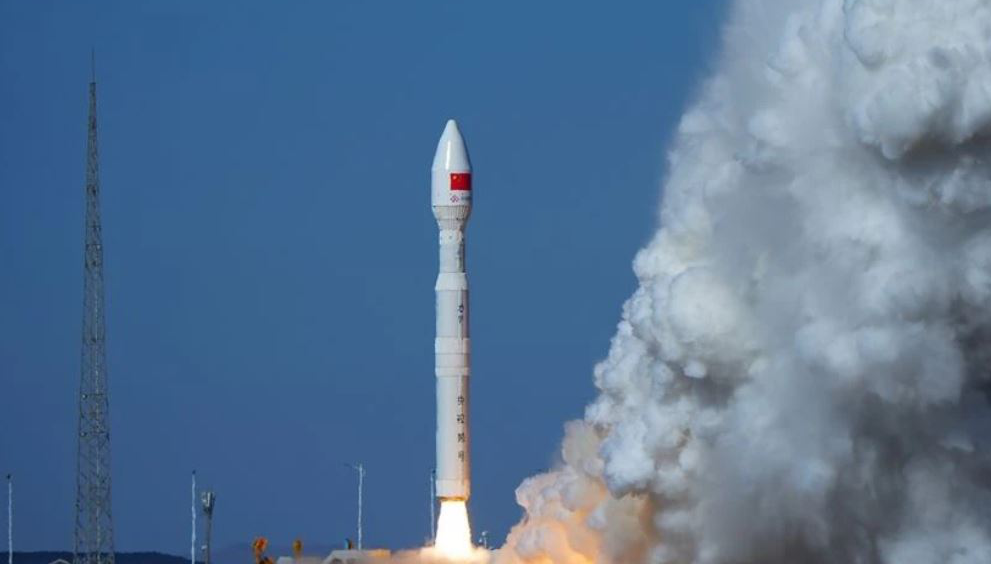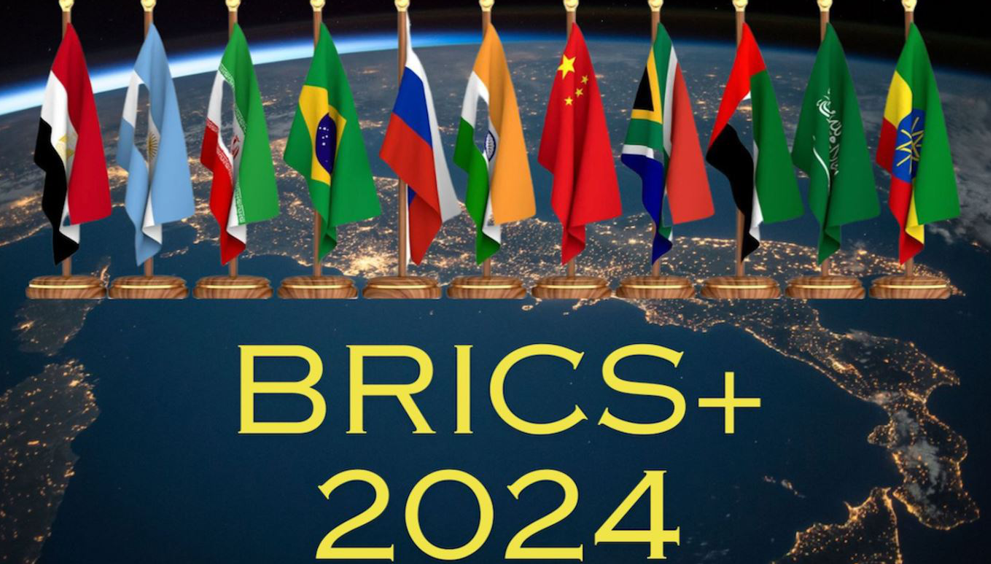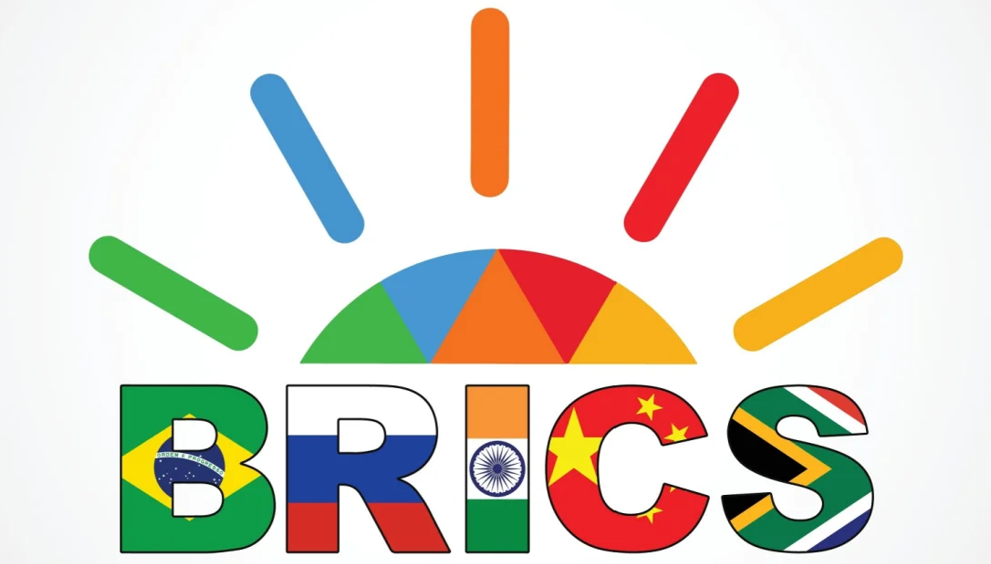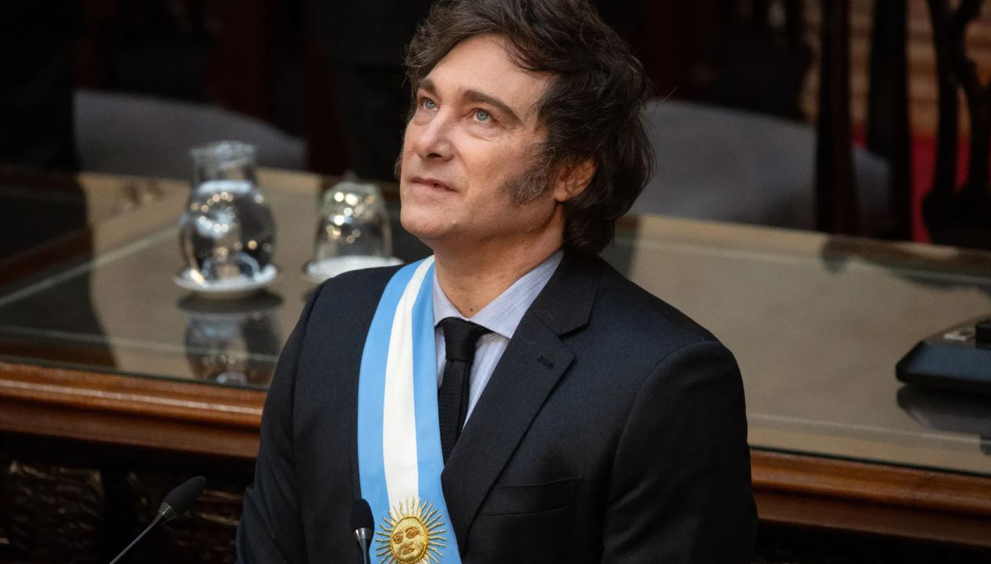Greater BRICS Represents Equitable Development, not Hegemony
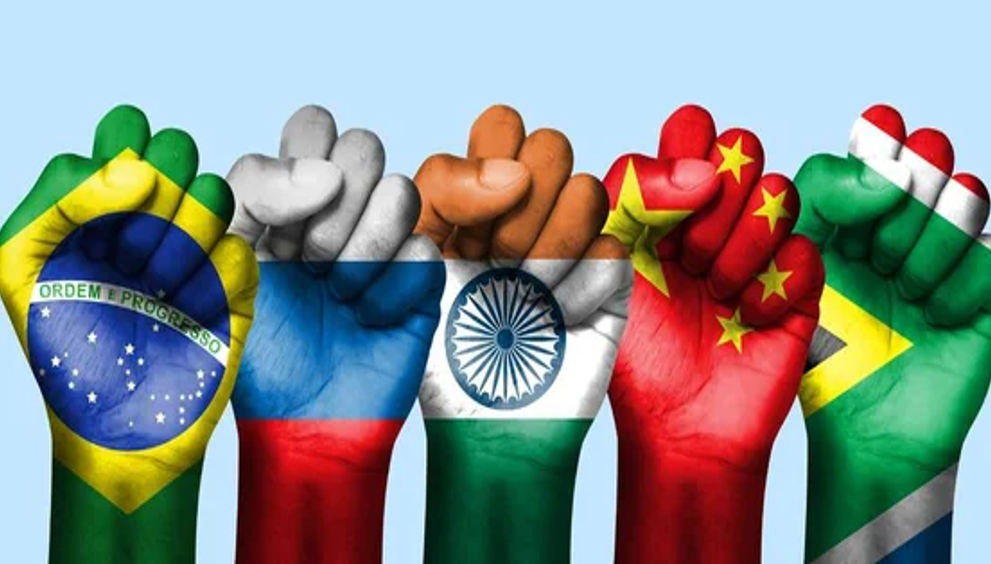
How should “Greater BRICS” be understood? In the future, what role is BRICS expected to play, in terms of world governance and safeguarding the common interests of emerging market countries and developing countries? The Global Times (GT) invited experts from countries that are either members of BRICS or interested in researching this grouping to share their insights.
In the fifth installment of this series, Busani Ngcaweni (Ngcaweni), director-general of the National School of Government, South Africa, and Gracjan Cimek (Cimek), vice-chairman of the Programme Board of Institute for Research on the BRICS Group of Countries, Poland, shared their views.
GT: What is your understanding of “Greater BRICS”?
Ngcaweni: BRICS has always been “great” from the first summit. It is inherently a big idea, not just because it has big countries by size and population, but because of what the idea itself represents – a big shift in global imagination of what constitutes multipolarity. It has always been great because of its core agenda: development, not hegemony. BRICS is a strategic shift in the exercise of statecraft. My own definition of BRICS, as a big deal or a major counter-hegemonic idea, is that BRICS introduced what I call Developmental Statecraft, as a counter to Hegemonic Statecraft, as exercised by the West.
For me, BRICS represents developmental statecraft in a sense that the big countries are joining forces to drive the global development agenda. This is a big deal for humanity. Countries endowed with populations, ideas, natural resources, talents and even nuclear weapons are collaborating, not to oppress and dominate others but to solve pressing problems of human development. That is the great shift that this Greater BRICS represents. All the agendas and readouts from BRICS summits are about equitable development, not hegemony over smaller nations. They are about the people, not the vested interests of capital backed by the military industrial complex.
Cimek: First of all, it is important to look at the issue from the point of view of “longue durée,” specifically the dominance of Western powers, which have alternated in this role during the hegemonic cycles of the last 500 years. “Third World” countries after liberating themselves from colonialism after World War II and achieving formal sovereignty, unsuccessfully promoted the New Economic Order in the 1970s in an attempt to resist growing neocolonialism. Resistance proved futile. Therefore, BRICS+ creates in the 21st century the conditions for those countries to regain effective sovereignty.
It is worth noting that it is the weaponized US dollar as an instrument of the “old era” that hangs over many developing countries, as a threat of cutting funding. BRICS+ offers them a way to escape from the existential threat, i.e., destruction with geoeconomic instruments. Therefore, the effect of belonging to BRICS is the chance to increase their ability to freely plan their development and seek economic partners in the countries of the group, including in the area of modern technology, which transnational corporations are trying to monopolize in the interests of private owners. All the more so because the BRICS+ advantage over G7 in GDP based on purchasing power parity is steadily increasing
GT: In the future, what role is BRICS expected to play, in terms of world governance and safeguarding the common interests of emerging market countries and developing countries?
Ngcaweni: It is a big deal that BRICS has survived for 15 years, with countries that have national and geopolitical contradictions remaining inside, respecting each other toward a common agenda of human advancement. This ability to manage contradictions is the DNA of BRICS that will bring it into the future, as it grows further.
There is indeed a shift in global governance. The Global South countries, through BRICS and other platforms, are taking steps to find alternative pathways to national and regional development. They are leveraging strengths of each other and breaking loose of Western hegemony. Countries are learning from each other, exploring how growth can be supported through progressive policies like export-oriented industrialization, which will see countries grow their productive capacities and diversify economies leading to high-quality growth.
GT: What new dynamics will China inject into BRICS and global economic growth?
Ngcaweni: China has the biggest and most sophisticated economy in BRICS. It should balance trade and build manufacturing capacity, especially in African countries that are part of BRICS. Also, it should share intellectual capital and expertise, double the number of training opportunities it avails to other members and increase fixed investments in the spirit of all-weather partnership. China can support and pioneer the establishment of more BRCS institutions and it should continue to play the role of an anchor. BRICS is a big ship; it needs a strong anchor to remain in place.
Cimek: The demographic potential, raw material resources, infrastructure building needs and low levels of wealth in many BRICS+ countries make the potential for economic development enormous, which will be helped by further integration within the group, as well as the rejection of the “hegemonic rent” imposed by Western-controlled structures up to now. A necessary condition for success is the rejection of the neoliberal model based on the principle of private investor profit maximization in favor of attributing capital to social development, of which China is a great example. Hence, it is China’s vision of “a community with a shared future for mankind” that fosters the basic philosophy of BRICS. Due to China’s potential and continuous comprehensive development, China certainly plays a pivotal role in creating conditions for the development of weaker countries, which will, of course, be accompanied by various contradictions, but not of an antagonistic nature.
GT: What does Poland, a major country in Central and Eastern Europe, think about the development momentum of BRICS? Will it serve as a model among European countries?
Cimek: Poland’s geopolitical code is currently embedded in the geostrategy of the Anglo-Saxon Heartland axis, and it is difficult to expect much change here. In interpreting the changes in the international order, Poland clearly diverges from other countries in the region, especially Hungary and Slovakia, which rationally see opportunities in the implementation of the new paradigm of international relations. At the same time, it is worth noting that more and more Poles are beginning to recognize the positive role of BRICS+ as a representative of the interests of semi-peripheral countries.
The EU must return to integration based on advanced cooperation among nation-states consistent with the paradigm of BRICS+. The division into gardens and jungles as another iteration of the geostrategic code of “The West and the Rest” must be rejected once and for all.
Global Times
- brics1


 English
English 